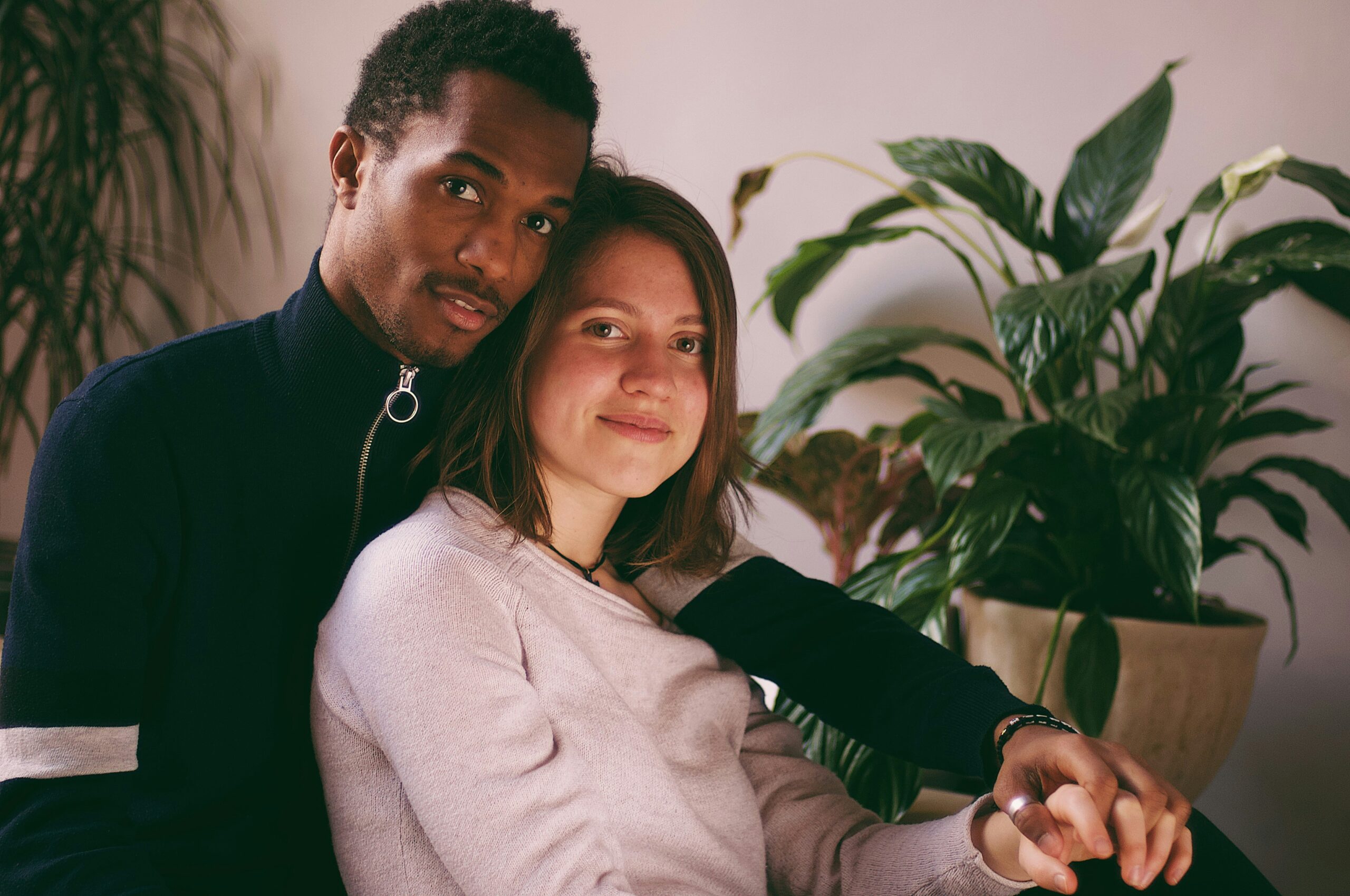Resources
Intercultural and Interracial Relationships

As a couples therapist, working with interracial relationships presents both unique challenges and enriching opportunities. Many couples present for therapy needing support with how to navigate these challenges which start to impact the relationship. Here’s an overview of key considerations and insights from this perspective:
What are Intercultural relationships?
Intercultural dating involves romantic relationships between people from different religions, cultures, which can include varying languages, traditions, beliefs and social norms. While it can be enriching and broaden perspectives, it also presents specific challenges.
The positives of Interracial couples:
- Broadened Perspectives: Partners gain new viewpoints and understandings of different cultures, enhancing empathy and openness.
- Sharing traditions: languages, and customs can enrich both partners’ lives and create a more vibrant relationship.
- Enhanced Communication Skills: Navigating cultural differences often leads to improved communication skills and conflict resolution.
- Adaptability: Couples learn to be more flexible and adaptive, which can strengthen their bond.
- Diverse Experiences: Exposure to different lifestyles and ways of thinking can lead to unique shared experiences and adventures.
- Family and Friend Connections: Expanding social circles can introduce both partners to a wider array of perspectives and support networks.
- Shared Growth: Couples often support each other in personal growth and understanding of their own cultural identities.
- Stronger Problem-Solving Skills: Working through challenges related to cultural differences can enhance problem-solving abilities in other areas of life.
- Deepened Appreciation for Diversity: Partners often develop a greater appreciation for diversity and inclusivity.
- Celebration of Differences: Learning to celebrate and honour each other’s differences can lead to a stronger, more resilient relationship.
The challenges of interracial couples:
- Cultural Understanding: Partners may need to learn about each other’s cultures, including customs, holidays, and family dynamics, which can be both exciting and overwhelming.
- Communication Styles: Different cultures may have distinct ways of expressing feelings and resolving conflicts, leading to potential misunderstandings.
- Family Expectations: Just like in interracial dating, family opinions can weigh heavily. Some families may have strong cultural or religious expectations that could impact the relationship.
- Identity and Belonging: Partners might grapple with their cultural identities, especially if their families or communities hold differing views on ntercultural relationships.
- Language Barriers: If partners speak different languages, communication can be a challenge, affecting emotional connection and everyday interactions.
- Stereotypes and Bias: Couples may face external biases, stereotypes and racism that can create stress and require them to advocate for their relationship.
While intercultural relationships may involve navigating grief and loss, couples therapy offers valuable tools to foster healing, understanding, and resilience, ultimately strengthening the bond between partners. Have you encountered any particular aspects of intercultural dating that you’d like to discuss further?
Be the first to comment